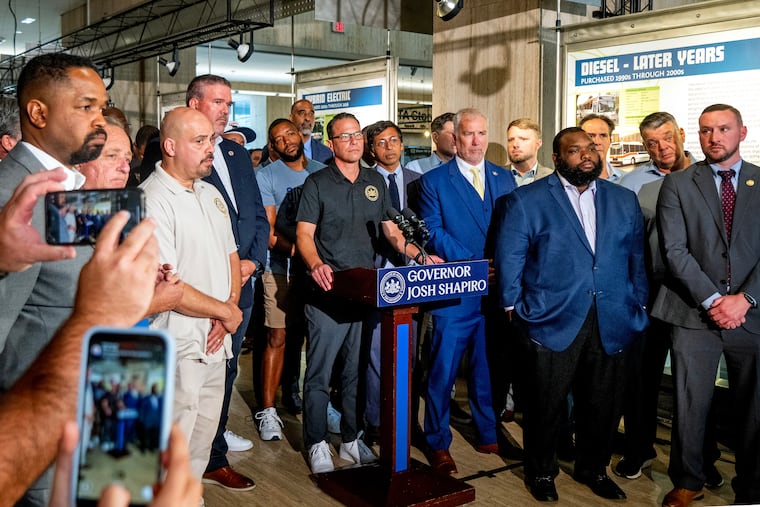Failure to fund SEPTA may violate the Pennsylvania Constitution.
As Pennsylvania nears a critical deadline on August 14, state lawmakers face a substantial decision that could result in significant ramifications for public transit in the region. If no action is taken, the Southeastern Pennsylvania Transportation Authority (SEPTA) will be forced to implement severe service cuts starting August 24, including the elimination of 32 bus routes, the reduction of service on 16 additional routes, and decreased frequency across its entire system, including trolleys, subways, and Regional Rail.
This situation transcends mere budgetary concerns; it speaks to a broader constitutional obligation enshrined in Article I, Section 27 of the Pennsylvania Constitution. This article affirms that all residents have the right to clean air and pure water while mandating that the Commonwealth act as a steward of these essential resources. Failing to maintain adequate public transit is inconsistent with this obligation, as it threatens the environment by increasing vehicle pollution and exacerbating social inequalities.
The potential outcome of reduced public transit service is dire. An increase in car dependence would lead to raised emissions, further worsening air quality and public health issues, particularly asthma, especially among disadvantaged communities. For many families, the cuts would mean longer commutes, constrained job opportunities, and higher living costs. The evidence is not just theoretical; the implications are evident in increased roadway congestion, reduced access to essential services, and a decline in regional quality of life.
This issue raises fundamental questions about equity and infrastructure funding. While funding road maintenance and expansion occurs without much debate, public transit—vital for the daily commute of hundreds of thousands—is often viewed as non-essential. This perspective fails to recognize that public transit is a critical component of a sustainable urban ecosystem, delivering more comprehensive benefits per dollar than highway systems can provide.
Continual support for SEPTA is crucial for both environmental and economic health. Effective public transit fosters local economies, connects community residents to jobs, mitigates urban congestion, and prepares cities for future challenges. Yet, SEPTA has been operating without stable funding, a situation exacerbated by the cessation of federal pandemic aid. As neighboring states successfully navigate similar challenges through decisive legislative action, Pennsylvania finds itself lagging as time runs out.
Legislators may cite budget constraints as justification for inaction, but constitutional mandates do not come with caveats. The state’s responsibility to preserve the environment and fund the systems necessary for achieving clean air standards is non-negotiable. The Pennsylvania General Assembly possesses the power to avert this impending crisis. Allowing the August 14 deadline to lapse would not only signify a failure to uphold the state constitution but also act as a dereliction of public duty to future generations.
SEPTA requires dependable funding—not political posturing or meaningless finger-pointing. The citizens of Pennsylvania demand leadership that comprehends the urgent need for sustainable public transit solutions as part of a broader commitment to environmental stewardship. If the Commonwealth remains unwilling to protect public transit, it jeopardizes not only SEPTA but also the constitutional rights of its citizens.
In conclusion, the critical nature of this situation extends beyond metropolitan areas, casting shadows over constitutional obligations. As the August deadline approaches, now is the time for Pennsylvanians to advocate for swift action to preserve their transit systems and protect their shared future.
This report reflects the ongoing discussions surrounding public transit funding issues in Pennsylvania, emphasizing the need for decisive action to uphold constitutional commitments to environmental preservation and public infrastructure.
Media News Source







